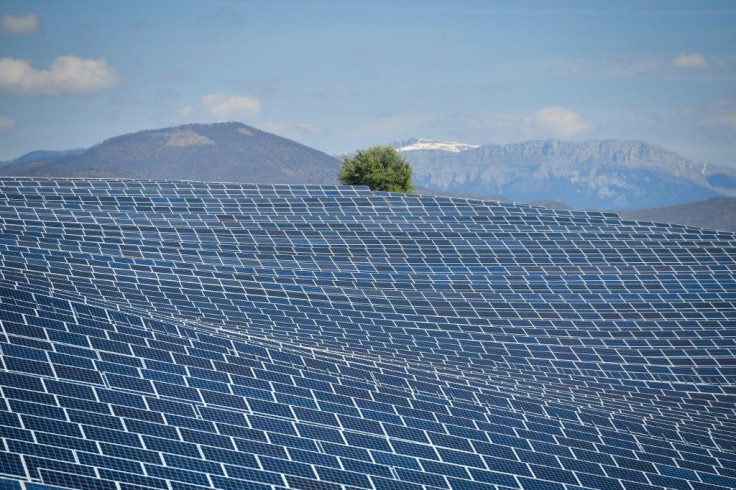Around 79% of SMEs without green energy contracts never considered switching
A recent Bionic poll reveals that a significant number of SMEs believe that green energy agreements and renewable energy generation are unattainable for them.

There is a general belief that green energy agreements and the generation of renewable energy are out of reach for small and medium-sized enterprises (SMEs). Surprisingly, a recent Bionic poll of 100 small business owners revealed that 79 per cent of SMEs without green energy contracts had never even considered making the switch.
Additionally, further research revealed that only 5 per cent of consumers think that green energy tariffs can be less expensive than conventional energy contracts and that a startling 61 per cent of the organisations examined did not have a green energy contract.
However, cost reductions were highlighted by 55 per cent of respondents as the primary justification for investing in sustainability. The assistance of SMEs is essential for accomplishing the ambitious goal of reaching net zero by 2050. Recognising this, Les Roberts, the Content Manager at Bionic, has created a comprehensive guide that covers the cost of renewable energy options, available grants, affordability of green business energy deals, and environmentally friendly business practices.
According to Les Roberts, businesses that sign up for green energy agreements often receive electricity produced entirely from renewable sources from their suppliers. This allows companies to enhance their sustainability without the need for expensive internal renewable energy technologies or a drastic shift in workplace culture.
Roberts emphasised that such agreements not only reduce carbon emissions but also rely less on the planet's limited resources. However, their survey clearly indicates that stereotypes and misconceptions can discourage small business owners from considering this switch.
Responding to concerns about the expense of green energy deals, Roberts pointed out that the cost of renewable energy has significantly decreased over the past decade due to advancements in technology, more competitive supply chains, and increased developer experience. He highlighted a 2022 IRENA analysis, which demonstrated that about two-thirds of the renewable power added in 2021 had lower costs than the cheapest coal-fired options in G20 countries.
This growing body of information demonstrates that producing electricity from renewable sources is more affordable than doing it using fossil fuels. In reality, compared to 2020, the cost of electricity from onshore wind, offshore wind, and solar PV reduced by 15 per cent, 13 per cent, and 13 per cent, respectively. Roberts emphasised that renewable energy has the capacity to meet UK demand and that it is becoming more and more accessible.
The Content Manager at Bionic urged SMEs to take advantage of the current situation, particularly as recent statistics from surveys conducted by the British Chamber of Commerce (BCC) and the Federation of Small Businesses (FSB) indicate that more than one million UK SMEs are stuck in high-cost energy tariffs. In addition to switching to green energy plans offered by suppliers, Roberts highlighted the potential benefits of on-site green energy production.
By generating their own green energy, businesses can further reduce costs and even generate profit. He highlighted the Smart Export Guarantee Scheme, which replaced the former Feed-in-Tariff Scheme. This scheme allows businesses to sell excess green energy back to energy providers, enabling them to profit from their renewable energy generation.
Roberts also mentioned the Enhanced Capital Allowances (ECA) program, which permits firms to deduct the entire cost of energy-saving devices from their taxable profits, resulting in a 100 per cent tax break.
Furthermore, he introduced the Lease-Purchase Agreement, which offers an alternative financing option for SMEs looking to invest in energy equipment. Under this agreement, businesses can rent out their energy equipment and use the cash obtained from subsidies to cover the costs. The business takes complete ownership of the systems after paying the total amount.
© Copyright IBTimes 2025. All rights reserved.






















